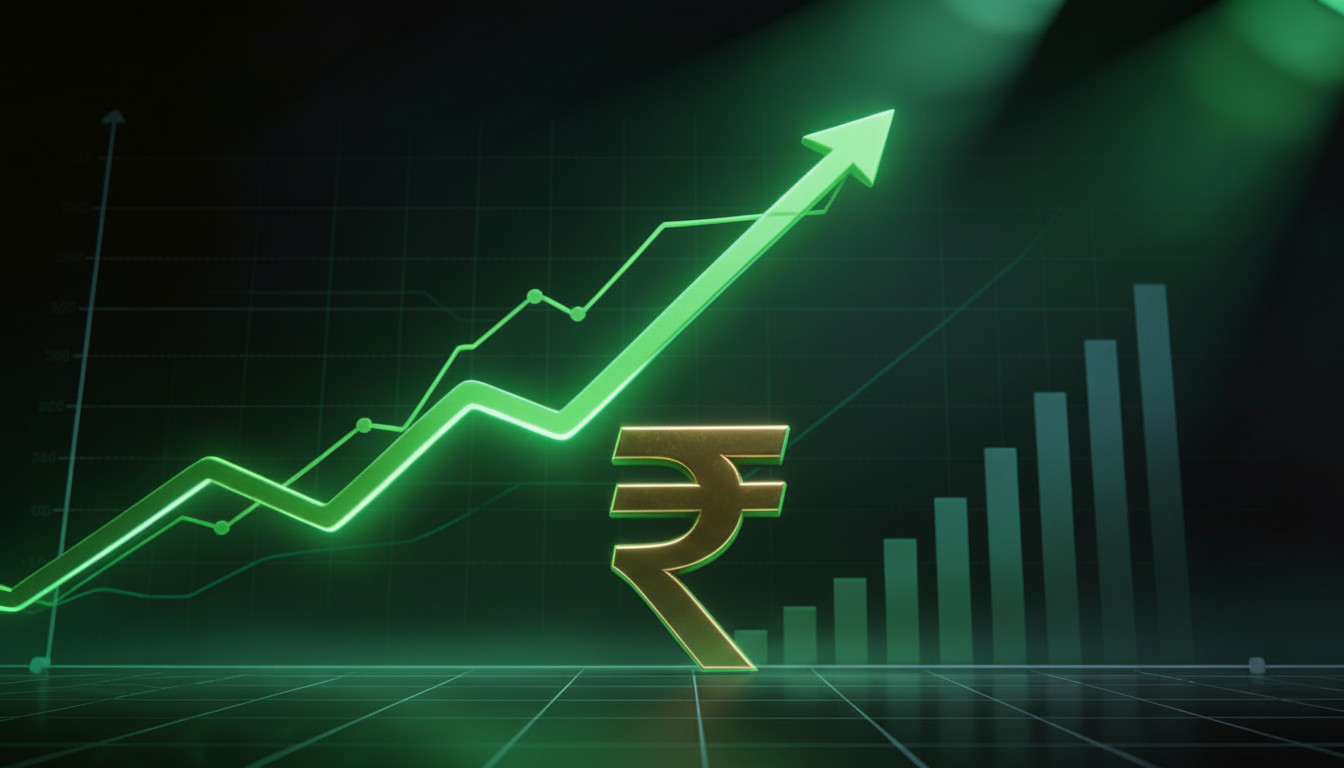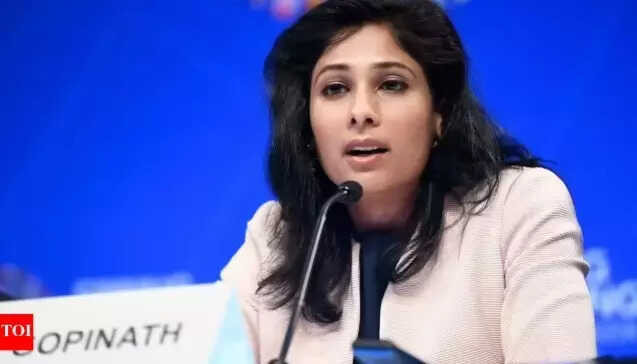Donald Trump’s doubled tariffs on India, targeting its Russian oil trade, aim to pressure Putin on the Ukraine war. India faces a complex balancing act between maintaining ties with Russia and the US, its largest trading partner. While India may gradually reduce Russian oil dependency, a complete shift is unlikely due to economic and political considerations.
Will Trump’s Tariff Threat Force India to Reconsider Its Russia Oil Strategy?
The air crackles with anticipation as Donald Trump, a figure known for shaking up global trade dynamics, floats the idea of imposing a hefty 50% tariff on goods imported from India if elected. The rationale? He believes India isn’t playing fair, particularly regarding its economic relationship with Russia, specifically the continued purchase of crude oil. The question hanging heavy in the air: Will India blink?
The implications of such a tariff are significant. India, a rapidly growing economy, relies heavily on international trade. The United States is a crucial partner. A 50% tariff would dramatically increase the cost of Indian goods entering the US market, potentially crippling key sectors and dampening overall economic growth. Think textiles, pharmaceuticals, and a whole host of manufactured goods – all suddenly becoming significantly less competitive.

Why is Trump singling out India, and what’s the issue with the Russia connection? The answer, as with many geopolitical issues, is complex. Following the conflict in Ukraine, Western nations imposed sanctions on Russia, aiming to cripple its ability to fund the war. India, however, has continued to purchase Russian crude oil, albeit at discounted prices. From India’s perspective, this is a matter of energy security. With a population exceeding 1.4 billion and growing energy demands, securing affordable oil is a critical priority.
India argues that it is acting in its own national interest and that its oil purchases from Russia do not violate any sanctions. Moreover, India points out that many European countries continue to import Russian gas, although at reduced levels. Is India being unfairly targeted? Perhaps. But the reality is that Trump views India’s actions as undermining Western efforts to isolate Russia economically.
So, will India change its tune? The answer isn’t straightforward. A 50% tariff is a powerful weapon, and the potential damage to India’s economy cannot be ignored. However, India also has a history of standing its ground and pursuing its own strategic interests. A complete reversal of its oil policy is unlikely. Instead, we might see a more nuanced approach.
India could explore diversifying its energy sources further, increasing purchases from other oil-producing nations in the Middle East or Africa. This would allow India to reduce its dependence on Russian oil without completely cutting ties. Another possibility is for India to work behind the scenes with Western powers to find a solution that addresses their concerns without jeopardizing India’s energy security. This might involve setting price caps on Russian oil purchases or implementing stricter tracking mechanisms to ensure that the oil isn’t being used for purposes that violate sanctions.
The potential impact of a 50% tariff on Indian goods cannot be overstated. It’s a strongarm tactic designed to force a shift in policy. However, coercion rarely works in international relations. A more constructive approach would involve dialogue, understanding, and a willingness to find a mutually acceptable solution.
The coming months will be crucial. The outcome of the US election will undoubtedly play a significant role in determining whether these tariffs become a reality. Regardless of the political landscape, India will need to carefully weigh its options and develop a strategy that protects its economic interests while addressing international concerns. The delicate balancing act between energy security and global relations is now under a very bright, and potentially punitive, spotlight. Check out this piece on [India’s growing economy](internal-link-to-india-economy-article) to understand the stakes further.
Ultimately, whether India budges on its Russia oil trade strategy hinges on a complex interplay of economic pressures, geopolitical considerations, and diplomatic maneuvering. While Trump’s threat carries considerable weight, India is unlikely to capitulate entirely. The most probable scenario involves a calibrated response aimed at mitigating the potential damage while preserving its core strategic interests. Only time will tell if this tightrope walk will succeed.







